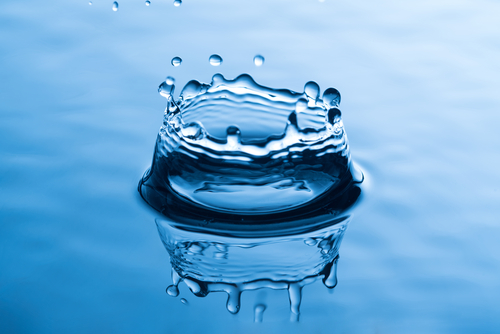A Journey Through the History of Water Purification
Water purification is a critical process that has evolved significantly over thousands of years, with early civilizations developing rudimentary methods to ensure access to clean and safe drinking water. As we journey through the history of water purification, we can witness the fascinating evolution of techniques from ancient times to the present day, highlighting key innovations, societal impacts, and the ongoing quest for clean water.
Early Civilization and Primitive Water Purification Methods
In ancient times, early civilizations recognized the importance of clean water and developed various primitive methods to purify water for consumption. One of the earliest known methods was boiling water to kill harmful bacteria and pathogens, a technique still used in many parts of the world today. Additionally, early civilizations used natural materials such as sand, gravel, and charcoal as filtration media to remove impurities from water.
The Indus Valley civilization, dating back to 3000 BCE, is believed to have used sand filtration and lime sedimentation techniques to purify water. Similarly, the ancient Egyptians utilized alum to clarify turbid water, while the Greeks and Romans employed hydraulic engineering to supply clean water to their cities through aqueducts and piping systems.
The Middle Ages and Renaissance: Advances in Water Purification Techniques
During the Middle Ages and Renaissance periods, advancements in water purification techniques led to significant improvements in public health and sanitation. In the 16th century, Swiss naturalist Paracelsus introduced the concept of distillation as a method of purifying water, paving the way for the development of more sophisticated purification techniques.
The Industrial Revolution and the Rise of Modern Water Treatment
The Industrial Revolution marked a turning point in the history of water purification, as rapid urbanization and industrialization led to widespread pollution of water sources. In response to the growing need for clean water, cities began implementing water treatment plants using technologies such as rapid sand filtration, coagulation, and disinfection.
One of the most significant advancements in water treatment came with the invention of the chlorination process by Scottish scientist John L. Cameron in 1850. Chlorination proved to be a highly effective method of disinfecting water and played a crucial role in reducing waterborne diseases such as cholera and typhoid.
The 20th Century and Beyond: Technological Innovations in Water Purification
In the 20th century, technological advancements revolutionized the field of water purification, allowing for more efficient and effective treatment of water on a large scale. The development of membrane filtration, activated carbon adsorption, and ultraviolet (UV) disinfection technologies significantly improved the quality of drinking water and wastewater treatment.
In recent years, nanotechnology has emerged as a promising new frontier in water purification, with nanomaterials being used to remove contaminants at the molecular level. Additionally, decentralized water treatment systems, such as point-of-use filters and solar disinfection devices, have gained popularity in remote and underserved communities where access to clean water is limited.
Societal Impacts of Water Purification
The evolution of water purification techniques has had profound societal impacts, shaping public health outcomes, urban development, and environmental sustainability. Access to clean and safe drinking water is a fundamental human right, yet millions of people around the world still lack access to adequate water and sanitation facilities.
Inadequate water purification has been linked to the spread of waterborne diseases such as diarrhea, cholera, and dysentery, particularly in developing countries with limited resources for water treatment. By developing innovative and sustainable water purification technologies, we can help address global challenges related to water scarcity, pollution, and public health.
The Ongoing Quest for Clean Water
Despite the tremendous progress made in water purification over the centuries, the quest for clean water continues to be a pressing issue in many parts of the world. Climate change, population growth, and pollution pose significant challenges to water resources, necessitating ongoing research and innovation in water treatment technologies.
Summary
As we look to the future, it is essential to prioritize investments in water infrastructure, research, and education to ensure access to clean and safe drinking water for all. By recognizing the importance of water purification in protecting public health and the environment, we can work together to build a sustainable future where clean water is available to everyone.
Need Industrial & Commercial Water Purification in Cincinnati, OH?
Since 1999, Ultra Pure Water Technologies, LLC has been one of the best water purification business throughout the state of Ohio and beyond. Ultra Pure Water Technologies, LLC specializes in the sale, design, installation, maintenance, and service of commercial, industrial, and medical water pre-treatment and filtration systems. We offer water softeners, water filter replacements, carbon filtration, reverse osmosis, and deionization. Some of the products we have available include USP type-I, II, and II water and DI exchange tanks. We are a member of the Water Quality Association. Call in today for a free estimate!
Categorised in: Water Purification
This post was written by admin
